Recalls of Takata airbags have concluded in Australia but more than 300,000 are unaccounted for
Mechanics around the country removed almost three million Takata airbags from cars – but more than 300,000 remain at large.
Motoring News
Don't miss out on the headlines from Motoring News. Followed categories will be added to My News.
Exclusive: The largest recall in Australian history has reached what the Federal Government describes as a “successful conclusion” – despite more than 300,000 killer Takata airbags remaining unaccounted for.
More than three million Australian cars, and 100 million around the globe, were swept up in unprecedented recalls responsible for the death of one Sydney man and more than 30 people worldwide.
Assistant Treasurer Michael Sukkar said the Takata crisis represented “the largest automotive recall ever undertaken”, and thanked the ACCC and automotive industry for bringing the issue to a “successful conclusion”.
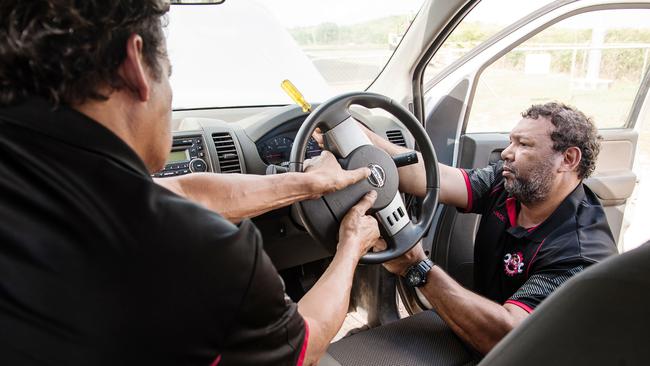
While 99.9 per cent of recalls are considered complete, a clause in the nation’s first mandatory automotive recall allows car makers to give up on cars deemed impossible to fix.
Some are owned by motorists hostile to repair efforts, with other vehicles deemed lost, stolen or exported overseas. About 307,000 airbags in 259,000 cars have been classified as such.
A spokeswoman for the ACCC said it considers these vehicles as complete “for the purposes of being accounted for under the recall notice”.
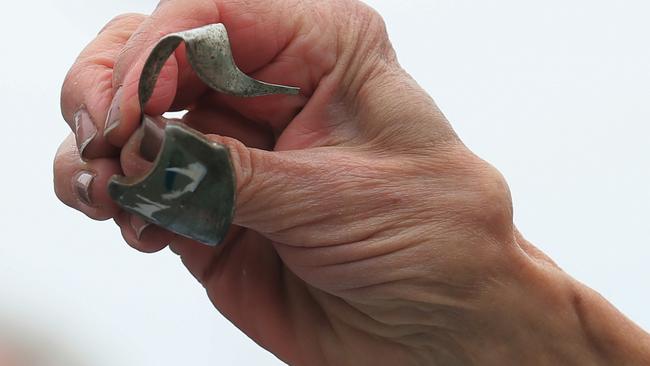
But manufacturers must fix more cars if owners come forward, and state road authorities will continue to block re-registration of vehicles with killer airbags on board.
Queensland road authorities cancelled the registrations of 115 vehicles in 2020 and will contact a further 8800 owners this month to threaten similar sanctions.
The Victorian Government has suspended the registrations of more than 1300 cars that have not complied with mandatory Takata recalls.
A further 12,000 vehicles could face similar action.
Federal Chamber of Automotive Industries chief executive Tony Weber said blocking registrations was key to completing the recall – a development that came after intense lobbying from carmakers.
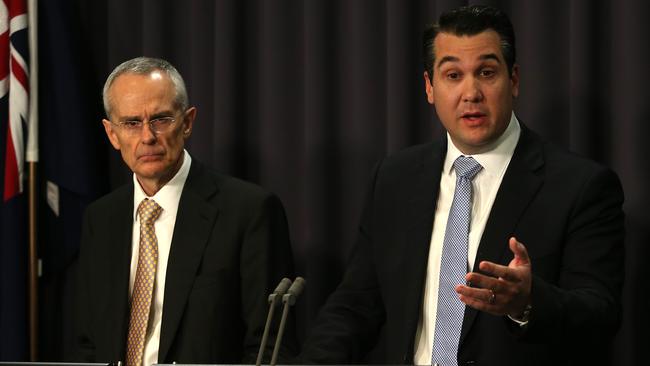
“We have learned a lot of lessons out of this process,” Mr Weber said.
“These are public health issues … There needs to be a good working relationship between government and industry.”
Motorists and authorities expressed frustration with delays in getting cars fixed prior to the introduction of industry-first mandatory recalls in 2018.
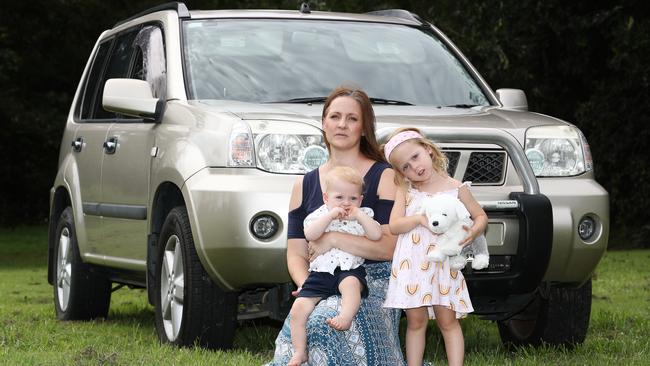
Car makers such as Holden, Volkswagen and Mercedes-Benz did not voluntarily recall cars until the Federal Government threatened to impose a strict deadline and enormous fines.
Mr Weber defended the delays, saying the appropriate result “would have happened without the mandatory recall”.
“There wasn’t 100 million replacement parts on the shelf, that was the issue,” he said.
“But the industry responded extremely quickly given the magnitude and the number of vehicles involved.”
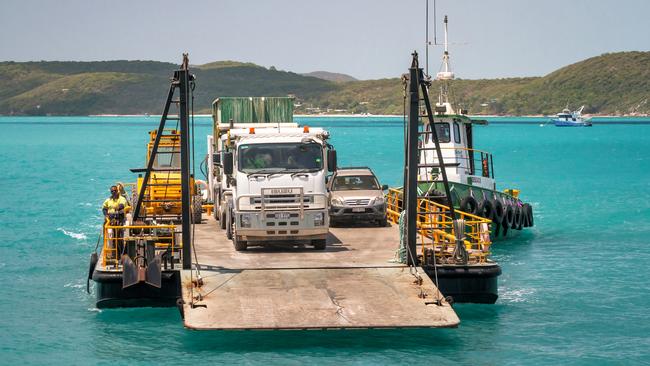
Manufacturers such as Nissan worked to replace airbags in more than 250,000 cars by conducting in-person visits at home, at workplaces and even remote islands to ensure customer safety.
The Takata saga started locally in 2009, when Honda Australia recalled about 2000 Accord and CR-V vehicles following the first recorded death in the US.
More than 20 manufacturers eventually joined a list ranging from Ford to Ferrari.
Tragedy struck in April 2017 when a Darwin woman was seriously injured by exploding shrapnel sent through the cabin by a faulty airbag.
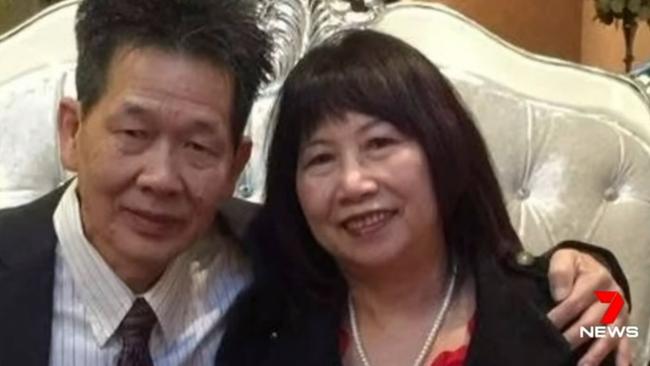
Shrapnel propelled by a defective airbag killed Sydney driver Huy Neng Ngo in July 2017.
The 2019 death of a second NSW driver, Goce Velovski, has been linked to a faulty airbag in his BMW.
While the recalls may be complete, the saga is far from over, with an enormous class action lawsuit between drivers and manufacturers set to kick off in Federal Court in May.
Check your car here: ismyairbagsafe.com.au/


